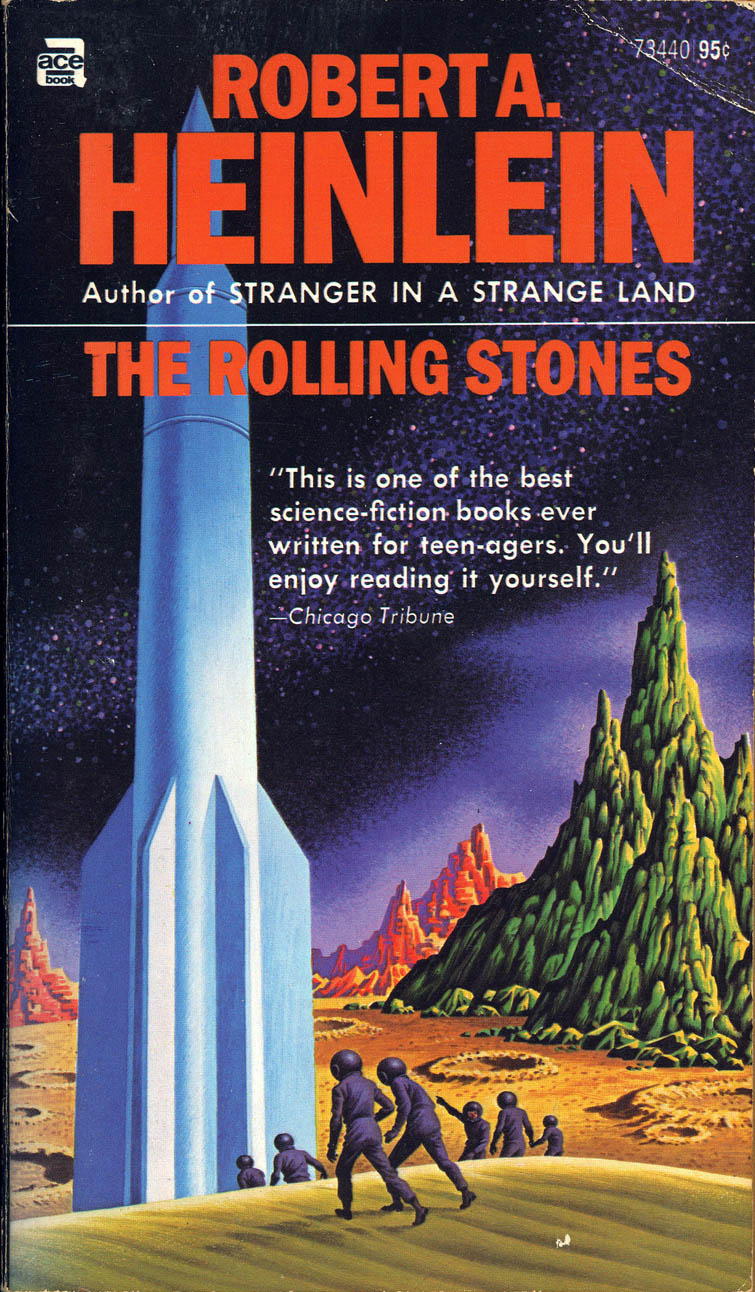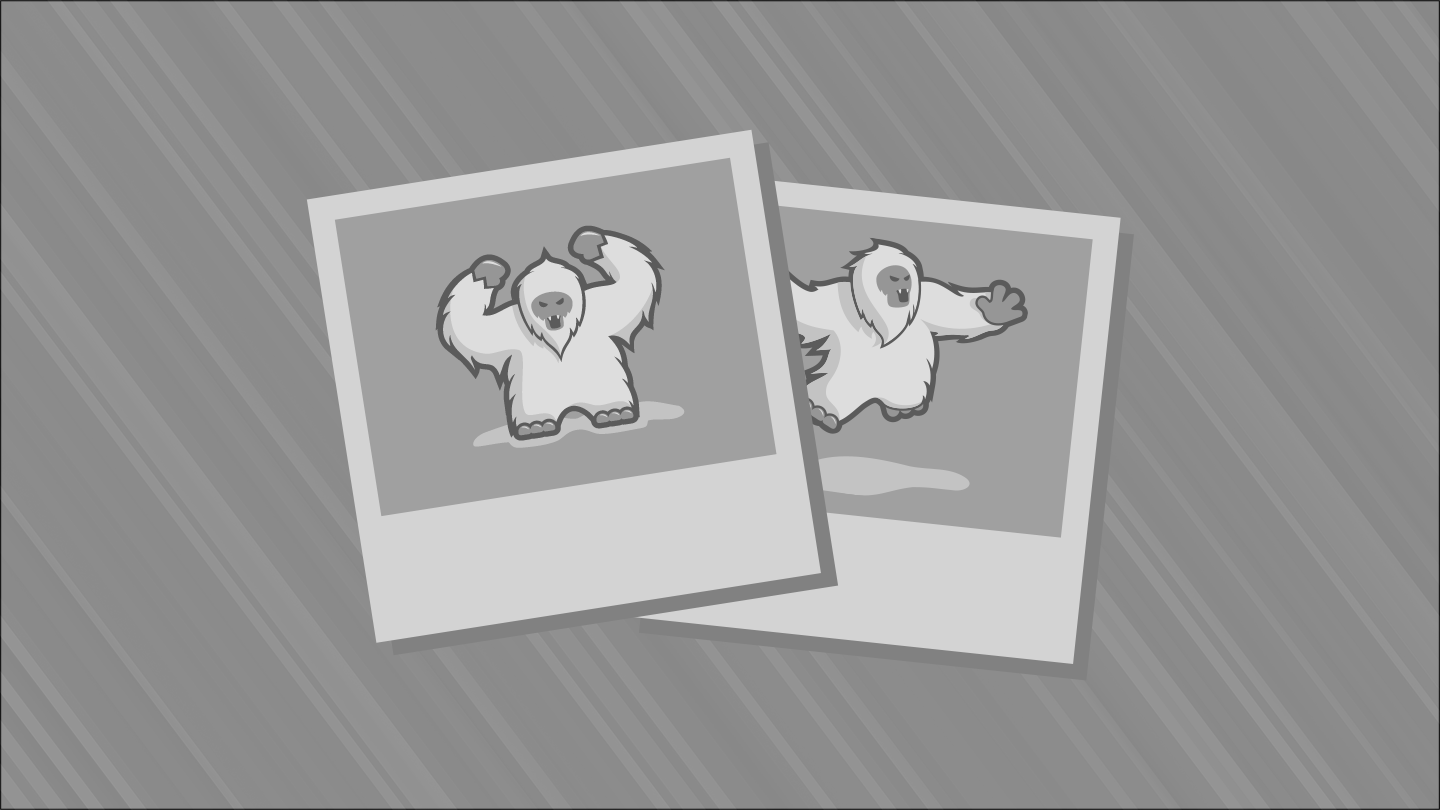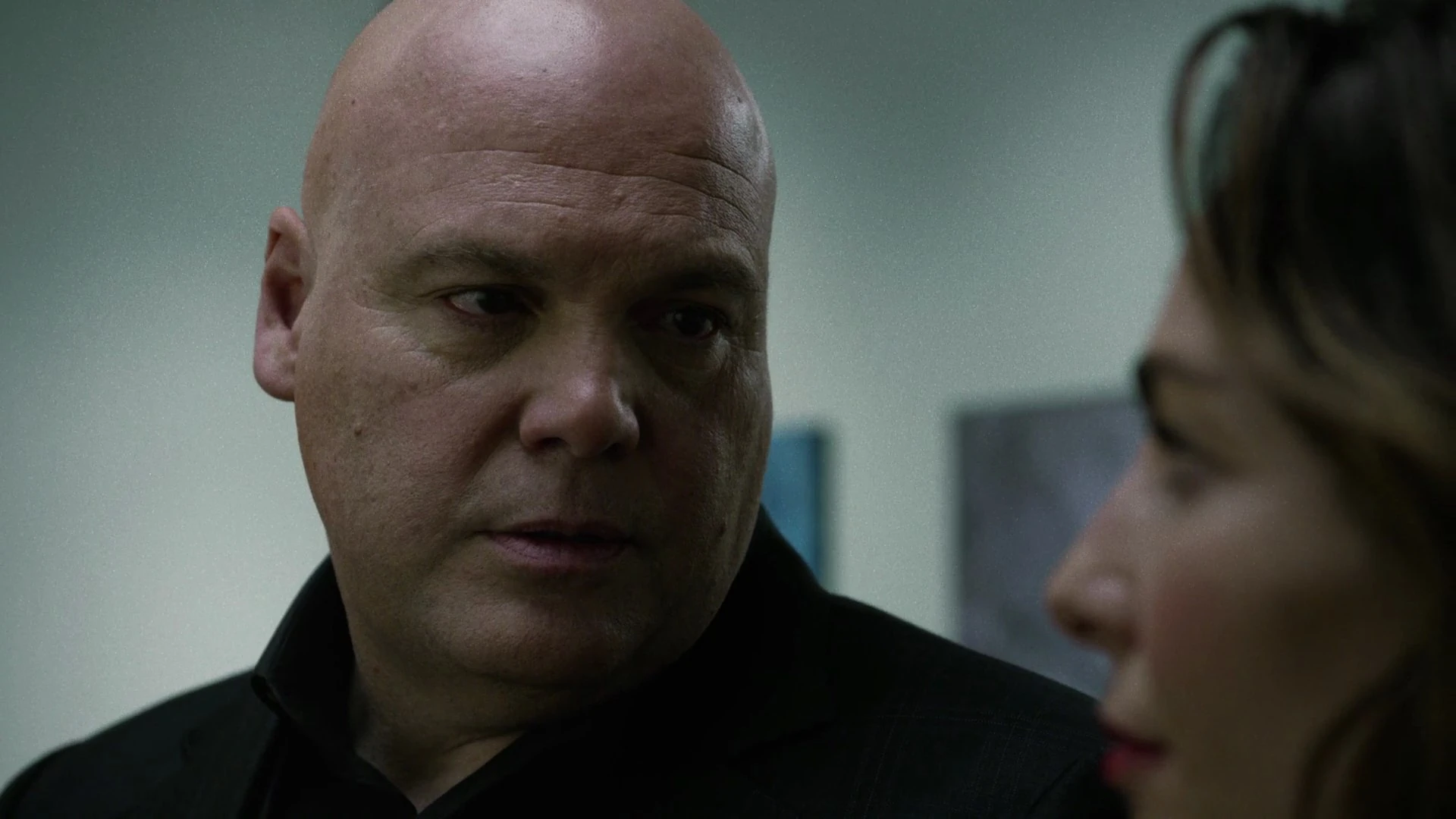Handy Dandy SCALE OF EVIL
EVIL LEVEL HIGH. understanding low.:
This is the villain Tim Curry would play. This is the villain whose prime motivation for doing the things is because the things are evil. And they are evil. So...you know, they are going to do that thing.
Evilly.
Strength of using this character: Ooh boy does it feel good to see this kind of villain defeated. This type of bad guy was used in 2011's Battle Los Angeles, where the villains were super evil aliens and the heroes, this group of marines, were doing the awesome real life stuff marines do, but without any guilt, or justification or questioning, so there's a clear line between good guys and the villains. You get to have violence and explosions and fun stuff, and no hand ringing. ( I can't be the only one to watch James Bond kill extras and wonder if that person had children, can I?)
I was a beta reader for an awesome book with a minor villain who was an evil teenage popular girl, who was just nasty for no reason. I commented that this character didn't feel like a character, she felt more like an obstacle, Real people aren't that nasty, at least without a reason, so I suggested clarifying her motivation. When I read the final version, my friend didn't give the character any empathy or clarity. If anything, she made her worse. This character had no character arc, but we were able to see the hero's character arc because of her. At first the hero was cowed, and then she bristled, and then stood up for herself, and it was
so satisfying because you didn't care about the bad girl at all.
Weakness of this character: I also don't remember her name. I also had to google marine fighting aliens because I didn't remember the name to the marine's fighting aliens movie, or a single detail about them. In fact, the more evil the villain is, the more righteous the heroes are, but if you get too perfect a hero can turn into propaganda, or worse, turn boring.
But this... this is so satisfying.
EVIL LEVEL HIGH/ Understanding level medium:
This is the sweet spot Voldemort level of villains. Super bad guy, killer of children, totally needs to be defeated, possibly killed, but he is who he is for an understandable reason. He wanted power, since he was powerless as a child, and sold his soul to get there.
Strength of using this character: High satisfaction level at ending, believably of actions and motivations.
Weaknesses of this type: It's been done before. Like a lot. Like so much it's easy to push it into mockable terrain. So you might want to keep searching to find an understandable reason for bad guy to be a bad guy that hasn't been done a thousand times, because again, this can get a tad bit boring.
Also these villains have to be gone a lot,( Possibly to a villain conventions) or the reader is going to start understanding them too much. As a writer, you have to walk a line and not have the villain be too understandable, because to understand someone means to have sympathy for them, and defeating a sympathetic villain can lessen the satisfaction.
which leads me to...
Evil level medium/ UNDERSTANDING HIGH:
This is the Sue Sylvester level of Villain.
Strength of this character: At first it's SO AWESOME. Bad guys get to do stuff that good guys don't get to do, so this character is fascinating, and just understood/good enough that you get why they are doing these awful things you could never get away with doing. They start to grow, because that's what understood characters do, and then they are brave, ballsy, and awesome...but they've left a hole in the story.
Weakness of this character: The awesome doesn't last. Once you understand and like said villain, the story now has no villain. Which means the story has no conflict, so you're left with a choice. One, the villain can go right back to his or her evil ways, but then they are obnoxious, because it's like
Why don't you just grow, you darn stagnant character. Or else they are replaced with someone who ends up a lesser copycat, because the story has a character based hole, so you need to find a replacement to fill it, but then the awesome character is still there, but without a purpose, or a job to do.
One solution, is to give that awesome character a different job to do. Let them be a love interest, a martyr, or a wisecracking sidekick, and find a COMPLETELY different villain, even if it means breaking the format and location of the story completely.
 |
| But also this can happen... |
Or you can lessen their level of evil, and increase the understanding and do this...
Evil level low/ UNDERSTANDING HIGH:
This is actually my favorite level of villain, and it's really rare to find stories like this one. But when they work, they really work.
Take this example. Our hero, a young woman training in magic. Our villain, a Prince, who has been taught his whole life to protect his sister, so when she goes to (THE PLACE) to train in magic, he goes to train to be her protector...Or Warder if you like. The Sister and the Hero meet, become best friends. Hero and Villain meet. They fall in love. Would be HEA, except The White Tower (a.k.a. THE PLACE) splits when the DIFFICULT TO SPELL LEADER is killed. Our hero, we'll call her Egwene, chooses one side and they elect her to become the new DIFFICULT TO SPELL LEADER. But our villain, Gawyn, chooses to side with a different DIFFICULT TO SPELL LEADER, because she was the adviser in his mother's court.
His decision makes complete sense and is in line with his character, but choosing to support Elaida leads him to killing his mentor, and killing several innocent people. It's the kind of thing that if he had made the wrong choice, meant he was a bad person. So he has to convince himself that his side must be correct. Egwene made sacrifices herself, including risking her entire life, so she is certain that her choice was the correct one. So we have clear battle lines.
Now imagine with me that they go to battle, and Gawyn killed more people until he is standing in front of Egwene with his sword drawn, and he knows that the only way to stay in the right (mentally) would be to kill this impostor DIFFICULT TO SPELL LEADER, but he can't, because LOVE. And then he realizes all of the horrible things he's done weren't actually right, and he collapses under the guilt, and Egwene forgives him, and LOVE saves the day. SATISFACTION LEVEL High!
Strength of choosing this character: Villains don't have to be bad. Their goal just needs to be contrary to the goal of the hero. But when they lose, and they switch sides, it can lend weight to the satisfaction at the end. For justice to be satisfied, though, the hero can't kill a likable villain.
Weakness of this Character: How much the bad guy needs to be punched in the face is directly correlated to the amount the reader is cheering on the hero to punch the guy in the face. So the more likable a villain is, the more likable the hero has to be, or else maybe the reader will switch sides, and not be satisfied with the hero winning. The hero will have to work twice as hard to win the side of the reader.
Can you imagine if at the end Egwene decides she can't be a strong hero and let him go, so she has him killed for his crimes?
That's possible too, but then wouldn't that mean she's unjust leader? So then maybe her side wasn't the correct one? That can't happen either. Because they both are technically heroes, they both need to win, and they both need to lose. Like maybe Egwene would have to lose her right to lead, or her pride, and her anger. There has to be a cost.
Evil level low/understanding level low:
This is one of those times where there's isn't a villain. Imagine a story about a guy trying to push a rock up a hill. Or someone trying to get medicine but who has to travel through a storm to do it. Or a contemporary novel where the likable hero is also a teenager who is their own worst enemy.
Strength: When the villain is a storm, or a hill, or teenage hormones/immaturity, there's no soul wringing guilt when you defeat the bad guy. Sometimes it's just a story of grit, or friendship, or learning a real life lesson. It can be very relate-able, and create awesome heroes.
Weakness: It also can leave you feeling unsatisfied, because the ending just kind of happens, and you're left saying, oh so that's the end of the book then?
Evil level Medium/ Understanding level low:
Usually, when a villain is evil level medium/understanding level low, they are a trick villain, or what I like to call a SURPRISE JERKS villain. This is when you think one person is the villain, and then all of a sudden the curtain drops, and a semi-likable minor character is like, "Surprise, jerks! It was me the whole time."
The problem with a character like this, is that readers love to be surprised, but they hate to be tricked. So you need to have some clues as to the why the villain is doing this, otherwise it's going to seem like a mean trick. But if the clues are too obvious, then there will be no surprise.
So it's another fine line. I just read a book like this,
The Chaos of Stars by Kiersten White (dug it), but I didn't really care about the villain so much, so while it worked, it didn't blow me away. The villain felt one note, because there wasn't really time to play all of the notes, and still be surprised.
However the love story was fantastic. (Melanie add this to your TBR pile.You'd dig it)
EVIL LEVEL HIGH/UNDERSTANDING LEVEL HIGH:
The Anti-hero, where the POV character is actually the villain.
Strength: Gives you cool characters. Like amazing, understandable, despicable, broken, fascinating, heartbreaking characters.
Weakness;
No seriously, when done well, this gives you stories like Sweeney Todd or Doctor Horrible's Sing Along Blog.
But because they do evil things, you have to let the readers sense of justice be satisfied. so there needs to be consequences to their evil actions, which means yeah they are probably going to die and take people down with them. ( I can't wait for Dr. Horrible 2!)
Which is way better than when it is done poorly.
The Catastrophic History of You and Me didn't work for me for this reason.
The POV character was awful. She kept yelling and fighting with likable people, doing awful horrible what-are-you-doing?-you-are-so-stupid things, and then she got a Happy Ever After ending, and my sense of justice is like...no.
There were no consequences. She stole people's souls. She stole a baby's life...Yet she gets to ride of into the sunset with her love? Technically, yes she was dead, but still. The injustice burns, even though it's been a few weeks.
That's the main thing I hope you get from this post, (other than my strange love for gifs) is that if you break a readers sense of justice, they won't be satisfied, and they might actually get annoyed.
But if you use the sense of justice, then you get a satisfactory AWESOME ending.
Even if it means everyone dies.
~Sheena




























